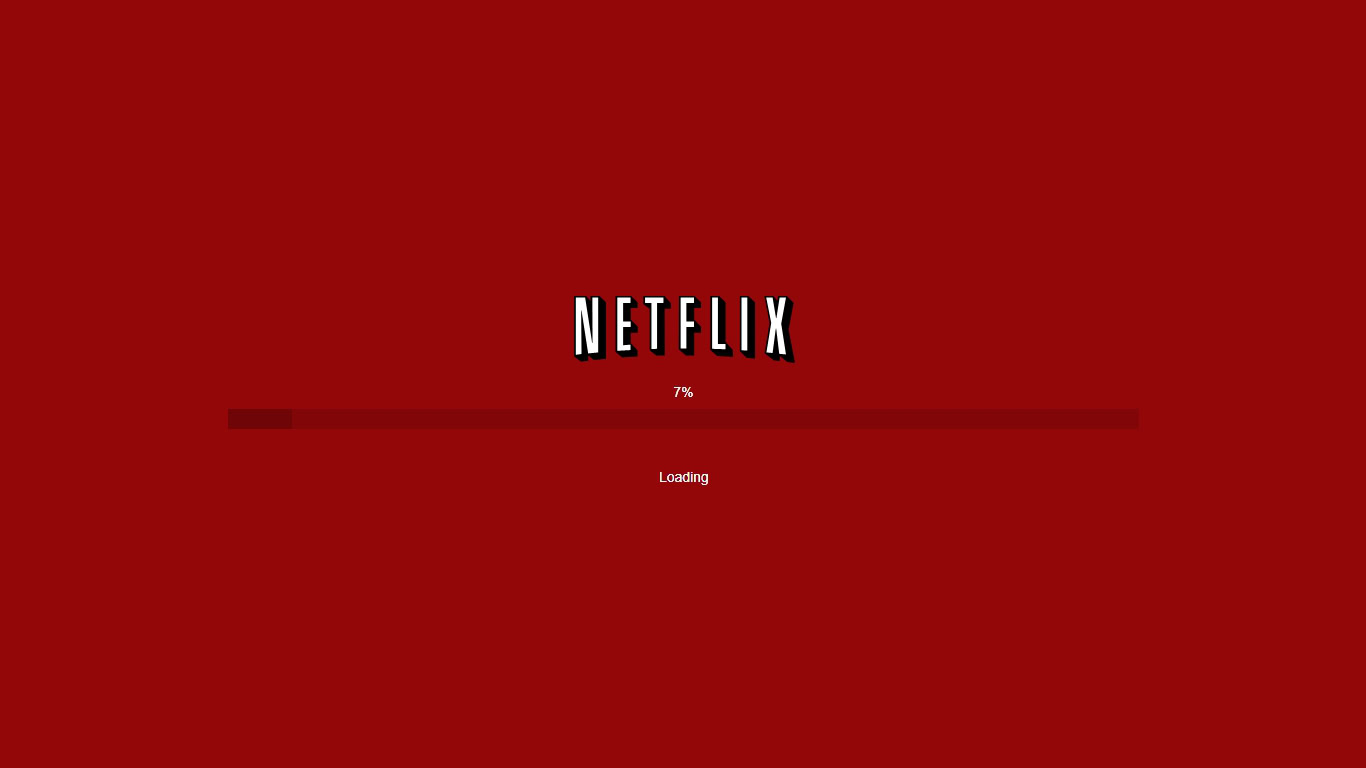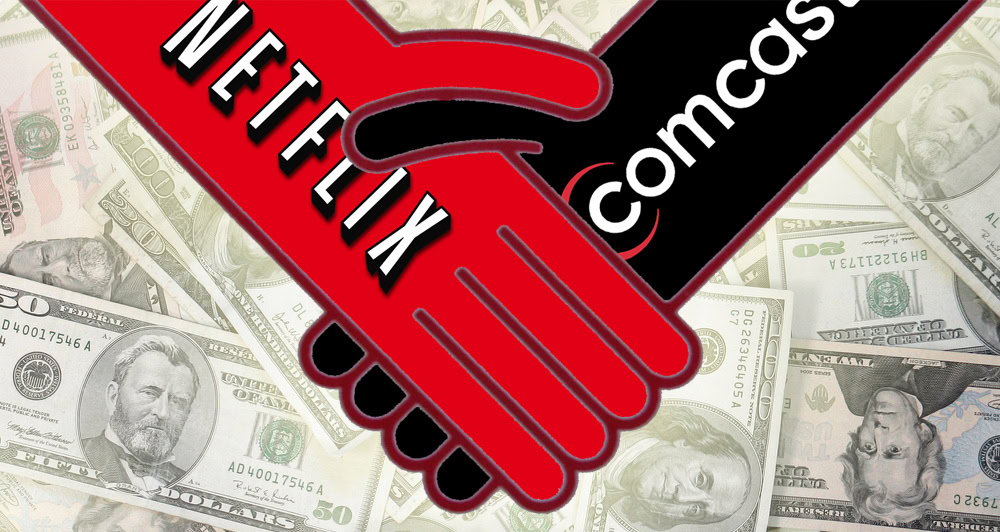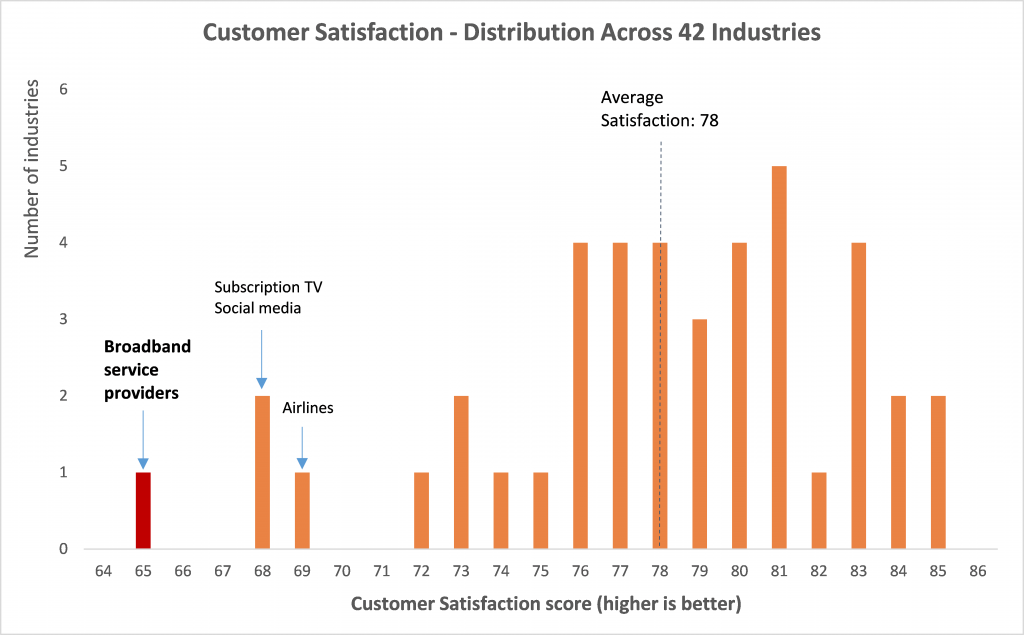Affiliate links on Android Authority may earn us a commission. Learn more.
Internet providers continue to intentionally slow down speeds for additional money

Over the last few years, Verizon and AT&T have shown a complete inability to act as an internet gatekeeper without engaging in anti-competitive behavior through fake ridiculous pathetic statements about network safety and other explanations such as:
- Why did AT&T, T-Mobile and Sprint make sure the Nexus 5 supported their various CDMA, GSM and LTE bands but not Verizon make sure that all bands of theirs were supported? We still have no idea but the non-working band that doesn’t work in the US, does work in Europe. Shocking.
- Why did Verizon not have their LTE network available on the Nexus 7? “System Issues“
- Why did Verizon not support Google Wallet? “Commercial” reasons that they never explained except when they released a rival application?
- Why did AT&T only allow users to use Facetime over Wi-Fi…..then allow Facetime over cellular but only if users signed up for their new shared data plan with its $15 per gigabyte overage fees then finally allow customers on “any tiered data plan using a compatible iOS device” to use Facetime? So that AT&T can get people off their unlimited data plans and switch to pricier data plans.
A few years ago, Level 3, a network operator, engaged in a traffic interconnection feud with Comcast. When the interconnections aren’t upgraded, it can lead to congestion and dropped packets resulting in slow and buffering internet speeds.

Comcast played stupid and insisted that this was a simple, run of the mill peering dispute, while Level 3 declared that Comcast was really violating net neutrality by forcing companies to pay yet another toll in order to connect to the Comcast network. Eventually a confidential deal was struck and Level 3 quiet.
Recently, Comcast signed an interconnection agreement with Netflix. Therefore, a company such as Level 3, became a bit nervous about losing business. So nervous that Level 3 spoke out in March about large incumbent ISPs intentionally letting peering links saturate in a game of chicken designed to net them more money. Therefore, consumers who have had the pleasure of paying some of the highest internet rates in the world with average-at-best service, are then put in the middle of this disagreement in the form of strangled video connectivity.

Another significant issue seems to be the sheer lack of transparency in these types of agreements. As Karl Bode at DSLReports notes:
“The problem is that while there’s lots of analysis on what’s happening here, few actually are basing their analysis on real data, since the precise structure of these deals remains obfuscated. As such a good place to start would be transparency, so it’s precisely clear what, if any, anti-competitive pricing shenanigans are afoot.”
Fast forward to today and Ars Technica alerts us that Level 3 and Cogent, another network operator, are now claiming that six consumer broadband providers have continued to allow a state of “permanent congestion” by refusing to upgrade peering connections for the past year.
In a blog post today, Level 3 VP Mark Taylor wrote:
“That leaves the remaining six peers with congestion on almost all of the interconnect ports between us. Congestion that is permanent, has been in place for well over a year and where our peer refuses to augment capacity. They are deliberately harming the service they deliver to their paying customers. They are not allowing us to fulfill the requests their customers make for content.Five of those congested peers are in the United States and one is in Europe. There are none in any other part of the world. All six are large Broadband consumer networks with a dominant or exclusive market share in their local market. In countries or markets where consumers have multiple Broadband choices (like the UK) there are no congested peers.”
Taylor didn’t name these companies but did make sure to point out in a graph how terrible the customer service rankings were for the unnamed companies that were intentionally letting their networks worsen.

Of course, the internet providers say they are not slowing down our speeds. Why would they lie? It’s isn’t as if they had lied to us before about throttling speeds!
